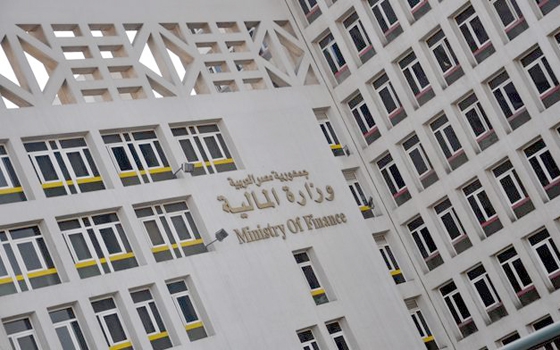Egypt’s Finance Ministry completed the drafting of the state budget for the next fiscal year 2018/2017, amid extreme secrecy about its features and key clauses, until its expected announcement by Prime Minister Sherif Ismail and Finance Minister Amr al-Garhy within days.
Informed government sources revealed that there are «supreme instructions» for the participants in drafting the budget not to disclose the details or features until the official announcement is made.
But sources close to Al-Masry Al-Youm said the budget exceeds one trillion pounds (LE1,000,000,000,000) $56 billion.
The sources added that this increase was expected, especially given the rise in the US dollar exchange rate as a result of the currency flotation; the rise in oil prices compared to the last year; the increase in the cost of and interest on government loans, raising the burden of the debt service.
The sources said that Prime Minister and Finance Minister will announce the draft state budget at a press conference by next week at the latest, following intensive meetings with the economic ministerial group.
The sources stressed the cabinet and Finance Ministry's commitment to sticking to the constitutionally ordained deadlines for sending the general budget to the House of Representatives (Parliament), before the end of March. The budget is scheduled to be presented to the President for discussion and review in details before going to the Parliament.
The sources added that among the foremost determinants of the new budget are: the rationalization of government spending; reduction in the deficit; maximization of resources utilization; plus the stimulation and attraction of investments of all types in various sectors.
Deputy Finance Minister for the Treasury Mohamed Meait said in statements to Al-Masry Al-Youm that the major national projects would not represent any additional burdens on the new budget; and that there will be no spending on these projects through the budget.
He enumerated some of the projects in view as follows: the New Administrative Capital; the 1.5 million-fedan project; and the development projects of the new Suez Canal area, which will finance themselves from their own generated revenues, with the establishment of new Suez Canal project companies that will maximize revenues through the sale of land and rights of exploitation and utilization.
Al-Masry Al-Youm
13 March























































